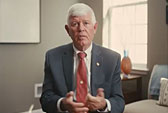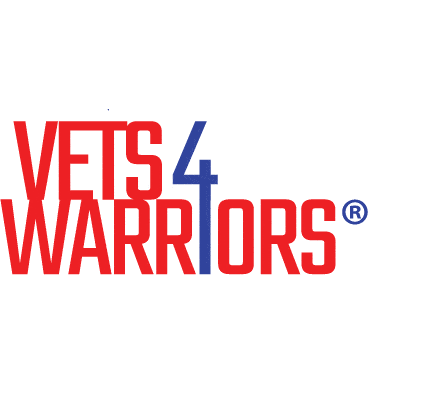
For veterans with PTSD, the holidays can be a difficult time.
Here are 5 ways you and your family can prepare for a happier, healthier holiday season.
1. Understand why the holidays can be triggering
The holidays are traditionally a time for family, friends, and togetherness; all things that hold the potential to trigger a great amount of stress for those with PTSD. Because PTSD is often accompanied by feelings of anxiety, depression, fear, irritability, and heightened reactions to everyday events, you may feel guilty, frustrated, or ashamed that you cannot, or do not want to, engage or participate in the same ways everyone else does.
What can you do about it?
Know that these feelings are normal, anticipate them, and be gentle on yourself, and forgiving of yourself if and when they should arise.
Getting enough sleep can make a huge difference. Try your best to maintain a regular sleep schedule. If that is not possible and naps become essential, try to keep them to less than an hour and before 3pm. It is common for those suffering with PTSD to have issues sleeping, even on a good day, so this time of year can make getting quality shut-eye even more difficult. This, too, is normal. It is your body’s way of doing what it was designed to do – stay awake and alert in order to protect you when you sense trouble is near.
What can you do about it?
Don’t get upset with yourself for not being able to sleep normally. And don’t force yourself to try. Take whatever steps you can to create a sense of safety, comfort, and security in your bedroom, and find someone you trust to confide in at night with your racing thoughts. If there is no one in your home you can talk to, call Vets4Warriors 24/7. Our peers are up all night for this very reason. You are never alone.
While holiday events are very often booze-heavy affairs, alcohol tends to worsen PTSD symptoms. Those with PTSD have likely experienced changes in the amygdala (the emotion-regulation center of the brain), the hippocampus (an area that stores memories), and the prefrontal cortex (the logic center of the brain). In addition, the negative impacts of increased levels of the stress hormones norepinephrine and cortisol are also effecting your physiology. While alcohol may temporarily relieve or numb underlying psychological distress for a short time, symptoms always return, sometimes even stronger than before, due to the already existing physical stressors on the brain and body.
What can you do about it?
Alcohol can add an extra layer of unpredictability and stress to an already stressed and highly charged physical environment. Consider making the choice to limit alcohol consumption at holiday events or eliminate it altogether, opting for a glass of the alcohol-free eggnog instead!
If just the thought of engaging in all of your old family holiday traditions makes your head throb and your palms sweat, let yourself off the hook this year and skip them! Give yourself permission to make up new ones. This is not a sign that something is wrong with you, that you can’t cope, or that you no longer “fit in” in the way that you used to. It is simply an indication that the ways you used to celebrate just don’t work for you anymore.
What can you do about it?
Creating new routines and traditions with your loved ones can be a meaningful and fun way to repurpose time with your nearest and dearest in a way that works for the whole family of which you are a member. Traditions are meant to establish and strengthen family bonds, and to foster a sense of security and stability. As life moves forward and people grow and change, family traditions should change as well. And if you run into any opposition when suggesting some changes, remind everyone that the whole point of traditions are to bring people together in the present, not to divide them in an effort to hold on to the past.
5. Don’t struggle alone
Remember that Vets4Warriors peers are standing by 24/7 to listen, understand, and connect with you. No matter what the issue or the time of day, please don’t hesitate to reach out to a peer who is prepared to stay connected with you until the issue is resolved. Reach us by calling 1-855-838-8255 or by visiting Vets4Warriors.com.






















